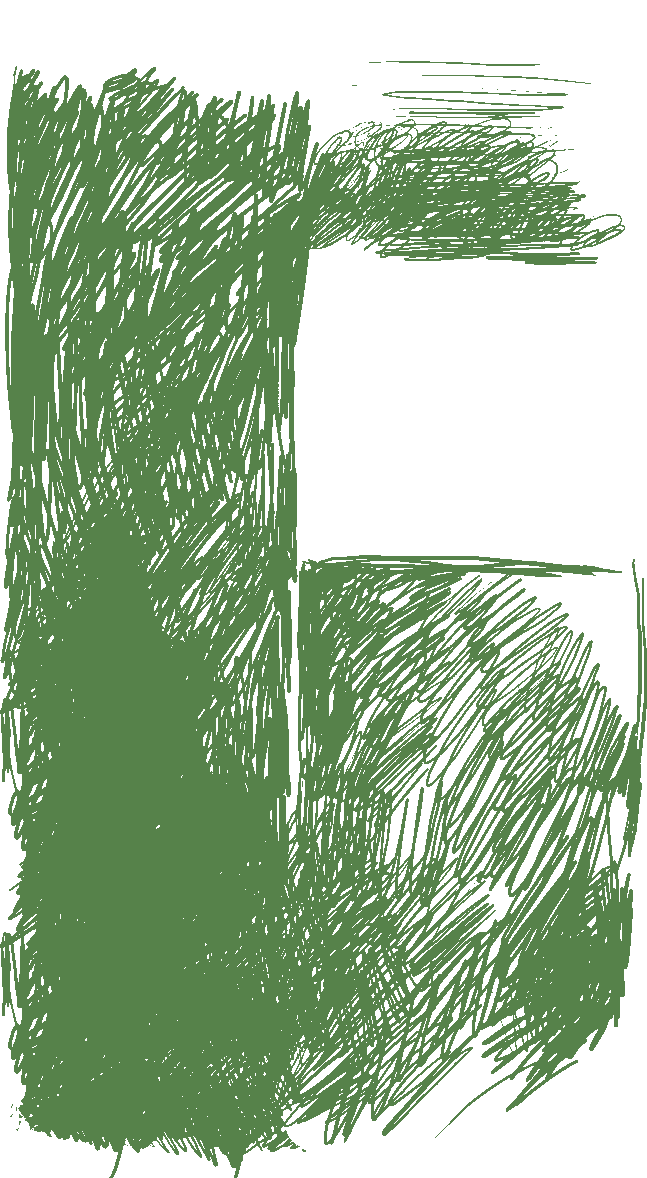
Can football offer a solution for France?

The idea of liberté, égalité, fraternité in France was tested after 17 people were killed in three days of violence in January that began when two Islamist gunmen burst into Charlie Hebdo's Paris offices.

Football, however, is one area of French life where the national principles are still very much alive. Here supporters hold signs reading "Je suis Charlie" (I am Charlie) during the French Ligue 1 match between Guingamp and Lens at the Roudourou stadium in January.

In Eastern France fans held aloft black flags in tribute to the victims at a match between Reims and Saint-Etienne at the Auguste Delaune stadium.

Fans were not the only ones who were moved -- the Reims and Saint-Etienne players came together in solidarity, holding each other in a circle whilst they observed a minute of silence.

Following the January attacks "we immediately sought solutions in sport, to understand where sport had failed," said Canal + journalist and president of sports think tank Sport & Démocratie Sylvère-Henry Cissé.

Cissé's great grand-uncle, Blaise Diagne, pictured, was the first black African deputy elected to the French parliament. Diagne's son Raoul, who was born in Créteil, was a talented, highly regarded footballer for famed Racing Club de Paris. Raoul became the first black player for the national team in 1931.

Créteil is a city in the south-eastern suburbs of Paris. The Île-de-France region has over 200,000 people playing football.

French striker Thierry Henry was one of the many players from the Île-de-France region that turned professional. The former Arsenal and Barcelona forward was born in the Paris suburb of Les Ulis, Essonne.

Marseille is another hotbed of football in France. Here fans celebrate after Algeria defeated South Korea 4-2 in the 2014 World Cup.

Football is also popular in France's former colonies -- there are 25,000 players on the island of Reunion, located in the Indian Ocean east of Madagascar.

Henry's father Antoine was born on the island of La Desirade, one of islands that make up Guadeloupe, while his mother Maryse is from the island of Martinique.

According to Christian Gourcuff, the French coach of the Algerian national team, France still lacks a high respect for football, although attitudes changed when the country hosted and won the 1998 World Cup. Gourcuff's son plays for Ligue 1 club Lyon.

Former player and official Jean-Michel Moutier, pictured here with Cameroon legend Roger Milla, believes "the true value of sport is that everyone is there thanks to their talent and work."

Last year Bordeaux coach Willy Sagnol was taken to task for comments about African players, who he deemed more powerful, albeit less disciplined and intelligent than others. The former French international insisted his words were misinterpreted.

Zinedine Zidane -- arguably France's greatest footballer -- was born in Marseille to parents who had emigrated from Algeria.

Zidane grew up in the Marseille suburb of Castellane. He obtained his first player's "licence" at the age of 10.

Zidane was integral to France's World Cup final win over Brazil in 1998 when he scored twice.

France's World Cup winning team was labeled the Black, Blanc, Beur (Black, White, Arab) because of the seamless mix of French-born and dual-nationality players.

The 1998 World Cup success was widely held to have helped build national solidarity.
!["We love France a lot and this is a great country to live in," said French Mulsim Farid El Alagui who now plays for Scottish club Hibernian. He added: "France and French-Muslim people [are like] an old couple who has forgotten they used to live well together for many years."](https://media.cnn.com/api/v1/images/stellar/prod/150309123202-farid-hebdo.jpg?q=w_2444,h_3059,x_0,y_0,c_fill/h_447)
"We love France a lot and this is a great country to live in," said French Mulsim Farid El Alagui who now plays for Scottish club Hibernian. He added: "France and French-Muslim people [are like] an old couple who has forgotten they used to live well together for many years."

Most athletes, regardless of their discipline, played football as young children, including basketball players Nicolas Batum and Kévin Séraphin. Batum is pictured shaking hands with Paris Saint-Germain star Zlatan Ibrahimovic.


